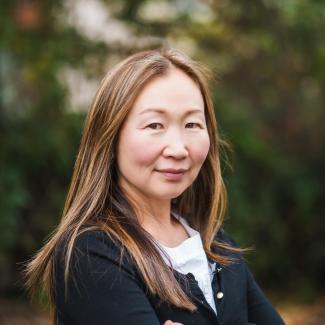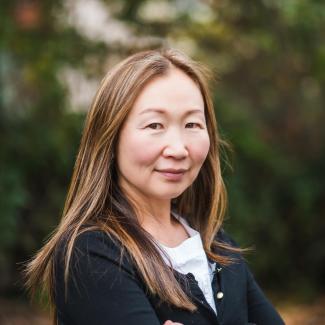
In this issue of the CSQ, we focus on the path toward the well being and health of our people and communities. We cannot talk about health without addressing the underlying causes of disease and trauma. Centuries of colonization have impacted our access to lands, territories, and natural resources, contaminated and degraded our soils and waters, disrupted access to food, medicine, and connection to our culture and our traditional knowledge. Many of us have internalized the colonial systems and structures. My personal journey is that of identifying, naming, parting ways with the deeply internalized colonial structures, and restoring my traditional knowledge systems, connecting with my ancestors, and finding ways for healing. Colonization of Indigenous Peoples has caused physical and emotional trauma, which has been passed from one person to the next, generation to generation, through our DNA, and even our societal and family structures. Often, we react from that place of trauma and not from our true loving selves, as trauma becomes a survival and coping mechanism that embeds in our bodies and overrules the rational brain. In our communities, it is manifested in many ways, such as alcoholism, violence, post-traumatic stress disorder, diabetes, and autoimmune diseases, to name a few.
However, trauma can be healed. It is essential to unpack what has caused that trauma and its multiple manifestations to provide roadmaps for healing. Healing our communities is directly connected to decolonization and returning to traditional knowledge and practices. As Indigenous Peoples, we need to look at the root causes, and metabolize our individual, collective, and intergenerational trauma to heal so that we can individually and collectively arrive at a place of love, continue doing our work, and serve as a resource for our families, our communities, other Indigenous communities, and the Indigenous rights movement. Colonization has done a lot of damage, and it has changed our relationship with the land. Bringing back our ceremonies repairs our relationship to the land, as it heals our original trauma of separation from the land. As Indigenous Peoples, we have timetested solutions as you will read about from Minnie Degawan, Dr. Michael Yellow Bird, the Alaska Native Birthworkers Community, Dr. Ruby Gibson, Estrella Jhonaí Gutiérrez Vásquez and Eastern Woodland Rematriation, and others. The world faces what feels like unprecedented times right now, and Indigenous Peoples are reflecting on the experiences of their ancestors in fighting past pandemics. We are turning to traditional knowledge, practices, and values to remain strong and healthy, to feed our communities in this crisis. When rooted in the strength of our lands, cultures, languages, knowledge, ancestors, and communities, Indigenous Peoples are resilient—but even in our resilience we still face disproportionate challenges and inequities in navigating this pandemic.
International solidarity is vital for the survival of Indigenous Peoples and all our relations. There is a special need to support groundbreaking initiatives managed by Indigenous governments, local community organizations, women, and youth, who are experts in what is needed on the local level and are on the ground to carry it out. For more than 48 years, Cultural Survival has been supporting Indigenous communities in asserting their rights and in protecting their lands. Now, amidst the COVID-19 pandemic, Indigenous human rights and land defenders need our support to continue protecting the lands and Peoples they hold dear.
In Solidarity,
Galina Angarova (Buryat)
Executive Director

